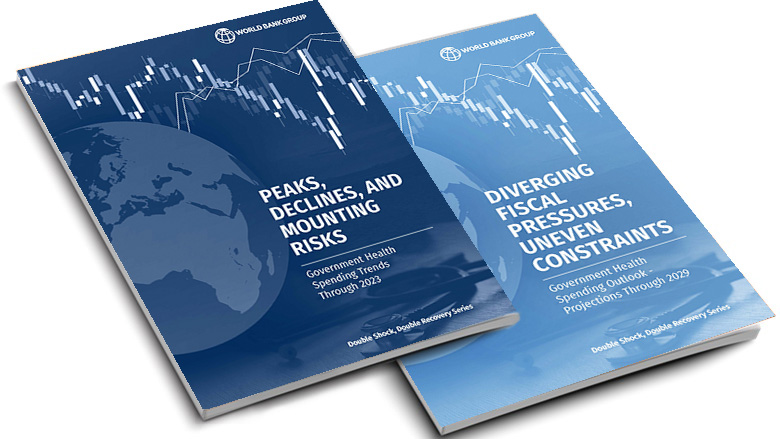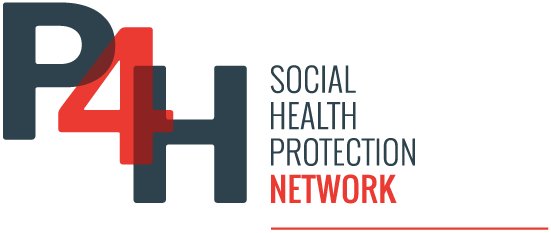
Why prioritise rare diseases?
At the 2024 World Health Summit, Rare Diseases International hosted a side event on prioritising rare diseases in global health policy. Key takeaways: integration into health systems, addressing wider impacts, and political will. At the 2024 World Health Summit in...
Overview of Healthcare System in Romania: a research article by Petre et al.
This research work "encompasses a comprehensive analysis of key aspects of the Romanian healthcare system, ranging from healthcare infrastructure and financing mechanisms to service delivery and healthcare outcomes" as described by its authors, Ion Petre et al. The...
The General Health Law of Spain (Ley 14/1986, de 25 de abril)
The General Health Law of Spain (Ley 14/1986, de 25 de abril) is a landmark legal framework that guarantees the right to health protection for all citizens and legal residents. This law established Spain’s National Health System (Sistema Nacional de Salud, SNS), which...

Oman: New Social Security Law a step in the right direction
Oman recently introduced a new social protection law that aims to establish a universal social security system, according to Human Rights Watch. This law is poised to enhance the socioeconomic rights of Omani nationals and residents, particularly migrant workers...

Qatar Affirms Commitment to Promote, Protect Elderly Rights
The State of Qatar reiterated its dedication to promoting and protecting the rights of the elderly during the 12th session of the United Nations Open-ended Working Group on Ageing. Najat Daham Al-Abdullah, Director of the Family Affairs Department at the Ministry of...

Norwegian government boosts funding for hospitals in 2025 to reduce waiting times
The Norwegian government reports it is increasing funding for the hospital sector in the state budget for 2025 by NOK 5.5 billion compared to 2024. The closest comparable increase took plance in 2008. The proposal will help hospitals to cover the increase in costs as...
Moving towards Universal Health Coverage: Sudan
This World Bank series report provides an in-depth analysis of Sudan's efforts to achieve universal health coverage (UHC). It highlights national initiatives in health service delivery, financing, and governance, alongside key challenges such as high out-of-pocket...
Social protection for migrant workers in the Gulf Cooperation Council countries
The report is the first of its kind to systematically assess the legal and effective access of migrant workers to nine areas of social protection, including medical, sickness, unemployment, injury, old-age, invalidity, family, maternity protection, and survivors'...
Healthcare indicators of Kazakhstan based on the National Health Accounts
The report explores healthcare productivity in Kazakhstan using national health accounts data, with comparisons to OECD countries. Productivity in healthcare is assessed through multiple indicators at systemic, sub-sectoral, and disease-based levels. Key productivity...

Moldova ratified a €36,2 mln loan from the World Bank to improve access to rehabilitation care
Moldova will receive a €36.2 million loan from the International Bank for Reconstruction and Development (IBRD). The authorities will spend this money on improving the quality and increasing the availability of rehabilitation services in public medical institutions in...

World Bank releases reports highlighting critical challenges in health expenditure
World Bank reports reveal health spending declines in low-income nations, risking SDG targets. Calls for increased, efficient investments to secure global health goals. The World Bank has unveiled two crucial reports on health spending trends as countries strive to...
Health and healthcare in North Korea: a retrospective study among defectors
This study aims to gain insights into the socio-economic and political determinants of ill health and access to healthcare in North Korea. Findings indicate that, despite the Public Health Act’s claims of a comprehensive free care system, respondents reported high...
The second health sector strategic plan II: 2017-2021
Eritrea's health sector strategic plan focuses on addressing the country's double burden of communicable and non-communicable diseases and emerging health threats influenced by climate change. It aims to strengthen health security by building a resilient system that...
New WHO report on Estonia identifies policies to make health care more affordable for people with low incomes
On International Universal Health Coverage Day 2023, WHO/Europe highlights a critical report on the affordability of health care in Estonia. On International Universal Health Coverage Day 2023, a new report on affordable access to health care in Estonia reveals that 1...
National Health Policy 2017-2030
Sudan is committed to advancing universal health coverage (UHC) and addressing its critical public health challenges. This policy sets a comprehensive framework emphasizing equitable access to health services, financial protection, and improved efficiency across the...
